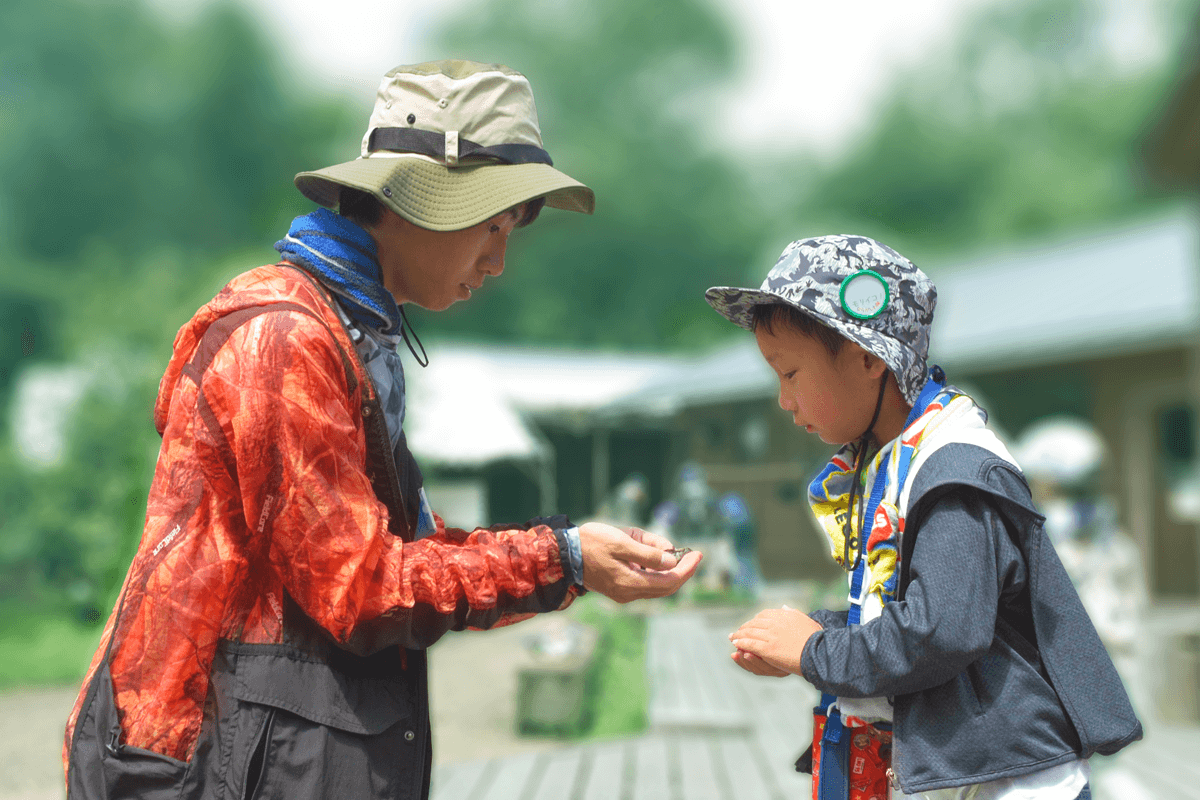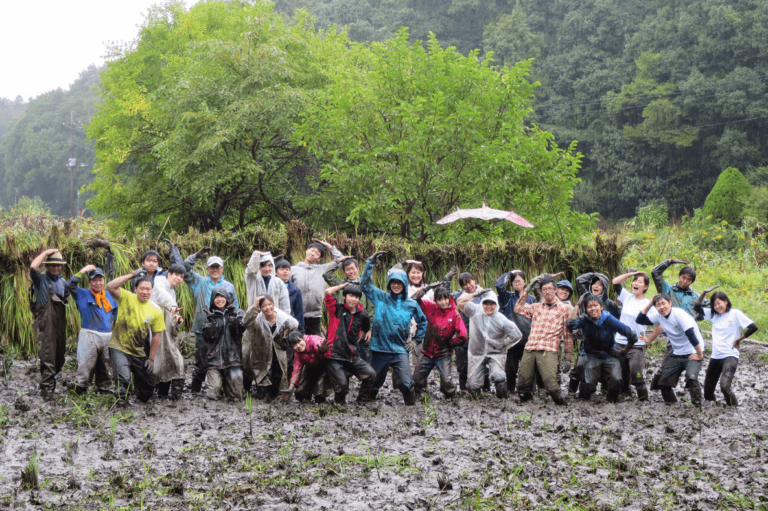Fostering people who plant trees
The Sompo Environment Foundation’s core philosophy, “Fostering People Who Plant Trees,” inspires participants to not only engage in environmental conservation activities themselves, but also spread this mindset to those around them.
The CSO Learning Program sends participants interested in an environment-related career on paid internships for a span of eight months with environmental CSOs (Civil Society Organizations). Working directly with CSOs empowers them through on-site learning and peer-to-peer interactions.
I asked some alumni about their respective journeys since completing the program. Their stories are evidence that the program has been a meaningful turning point in their lives.
Engaging on an international scale
Yuna Aoyama is one such person who participated in the program with the aim of finding her life’s work. “By fully engaging in and enjoying various activities, I was able to take the next step forward,” she says. Through the program, Yuna deepened her understanding of international cooperation activities. After graduating from university, she secured a job with her internship host OISCA International and spent time working in Uzbekistan.
The same program is also being implemented in Indonesia under the name NGO Learning Internship Program. Aulia Rahman is currently working at Indonesia’s Ministry of Environment and Forestry, primarily focusing on environmental protection and community welfare. “The experience and skills I gained from participating in the training and my internship at Detara Foundation have had a significant impact on my career today,” he says.
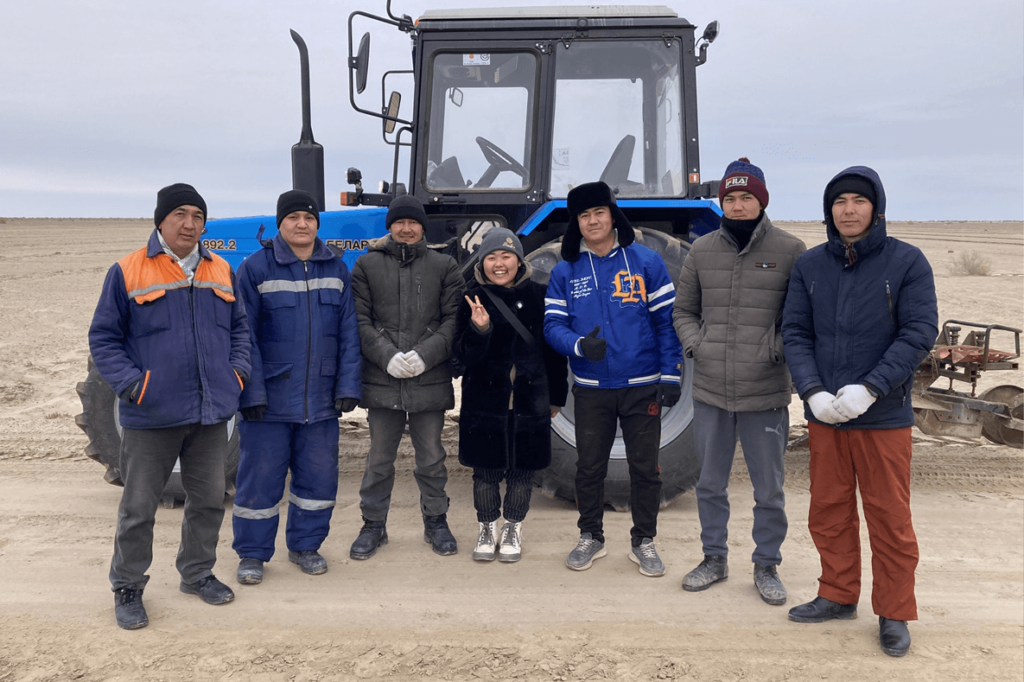
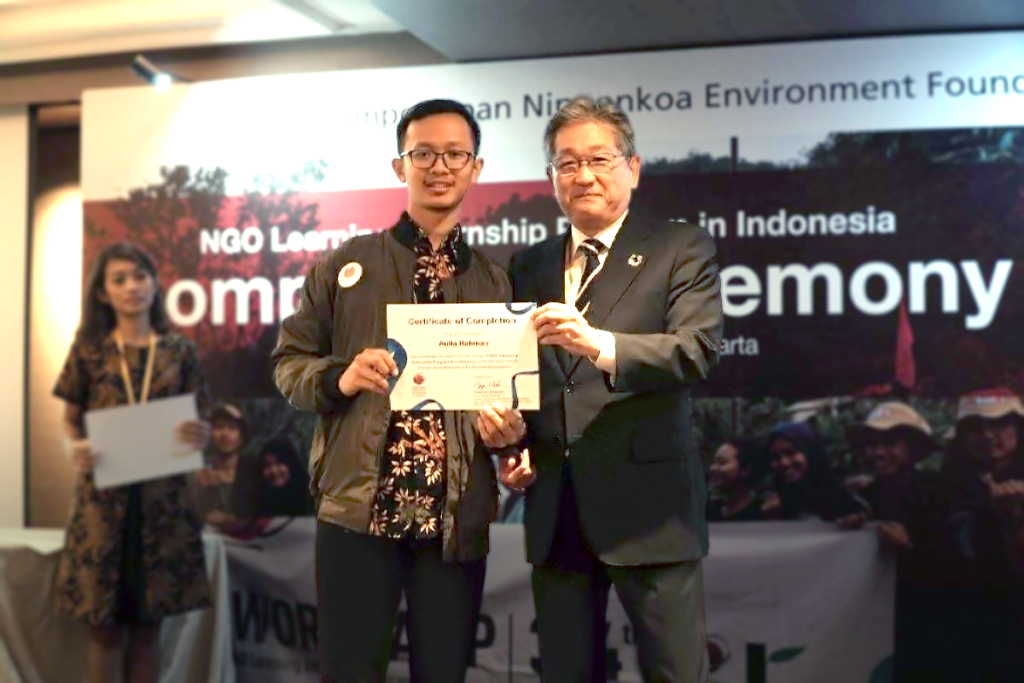
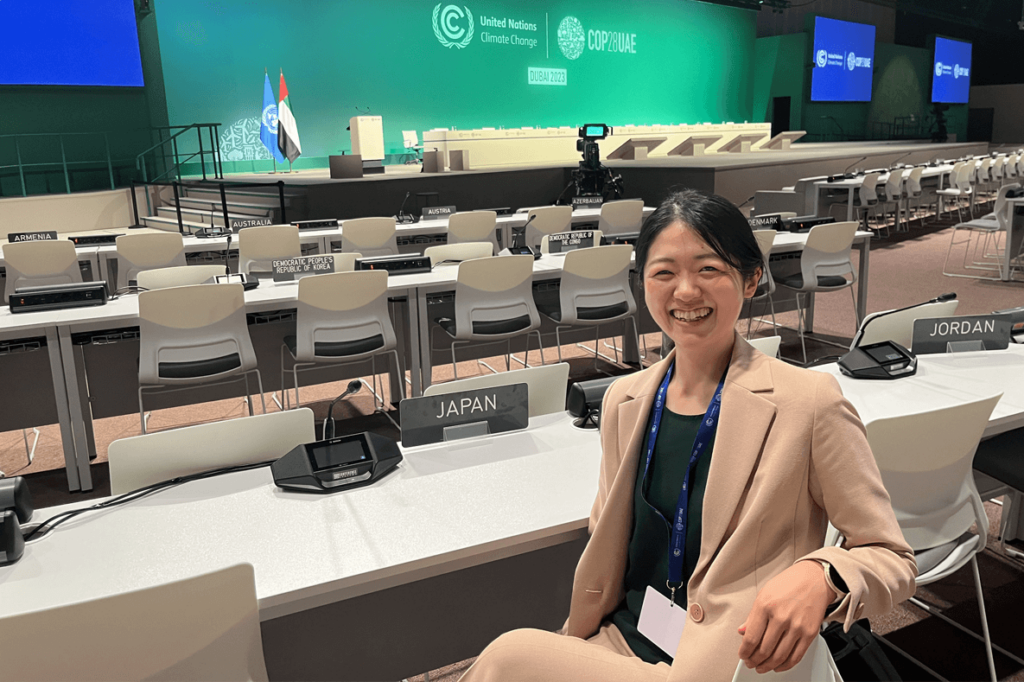
Generating new encounters and strong bonds
Some things one can only gain by actually going out into the field and working alongside members of civil society organizations. Many CSOs tackle challenging issues without clear solutions and frequently encounter unexpected situations.
During her internship, Nanami Takei developed the ability to keep the future in focus even under difficult circumstances and always ask, “So, what do we do next?” towards that future she is building. She says this ability has continued to be beneficial today in her work at a non-profit organization called Protect Our Winters Japan.
Takaya Iida learned about the work style of CSO members and the importance of social education through the program. He is now the representative director of an NPO called Shinjuku Environmental Activity Network, where he is charged with welcoming new participants of the CSO Learning Program. “Providing good experiences to participants sows the seeds for the next generation of ‘people who plant trees’ and paves the way for a sustainable future,” he explains.
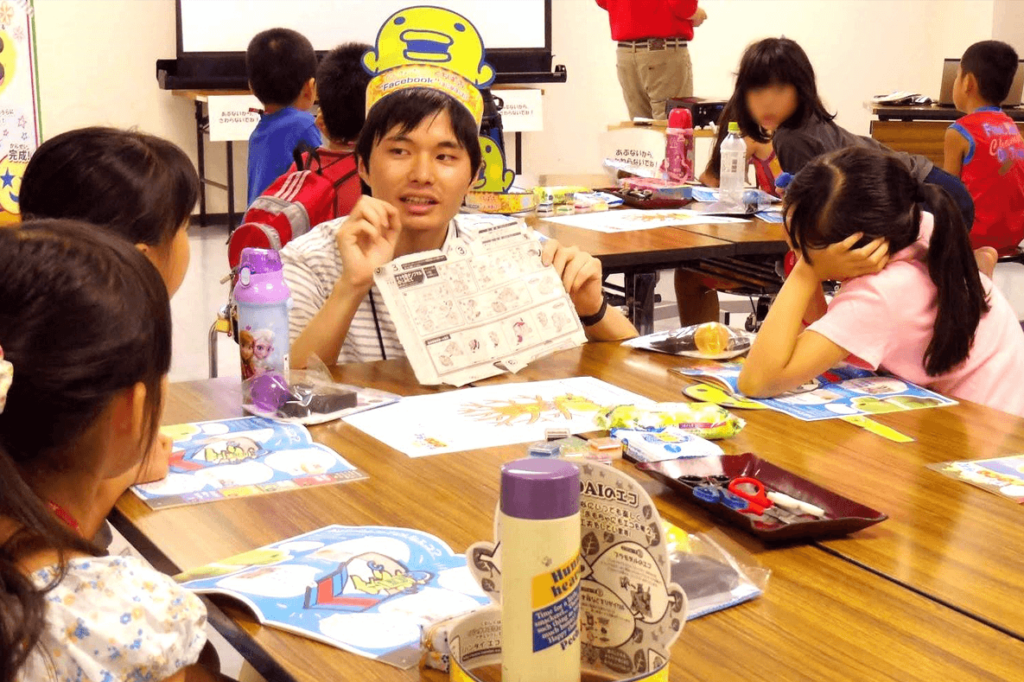
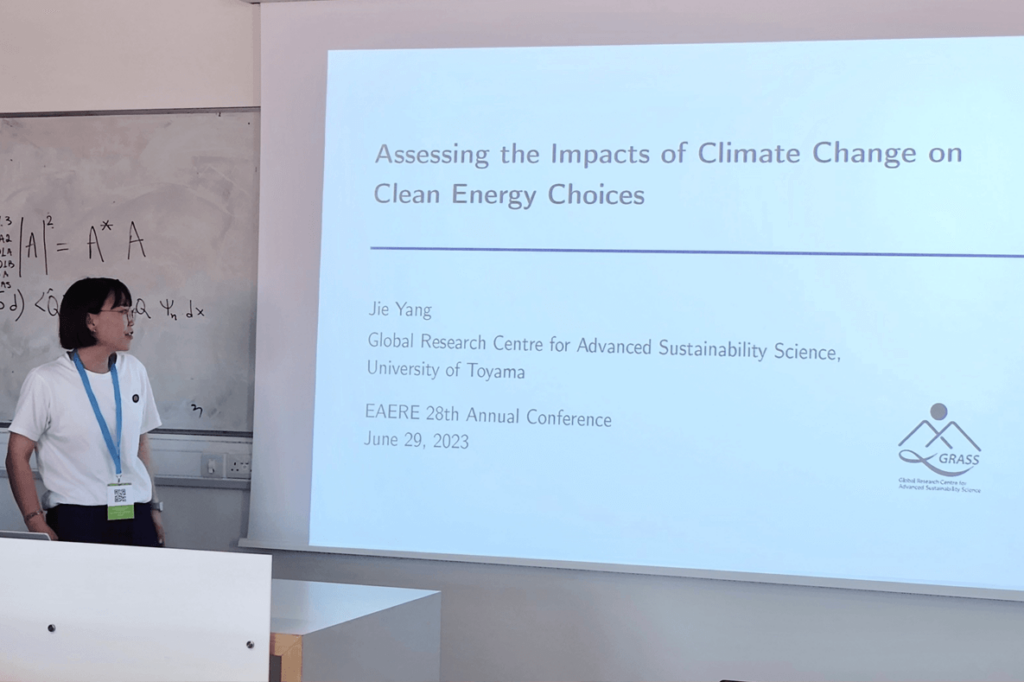
Teaching the importance of networking is also a crucial aspect of the program. “Through the program, I was able to connect with a variety of communities,” says Jie Yang. Currently engaged in research and education at the University of Toyama’s Organization for Promotion of Research, Jie was pleased to continue her interactions with the CSO where she trained.
Making the environment personal
Seeing alumni shine in various sectors of society is our greatest reward and truly embodies the philosophy of the Foundation.
“The program produces individuals who approach environmental issues as a personal matter, whether they end up working in the environmental sector or not,” says Shunichiro Toya, who now works as a government official at Japan’s Ministry of the Environment. “Having peers from the program with whom you can talk openly, regardless of their positions, is very reassuring when facing challenges like environmental issues.”
We look forward to continuing to offer these rich learning opportunities to students who are building the future with passionate and dedicated peers.
